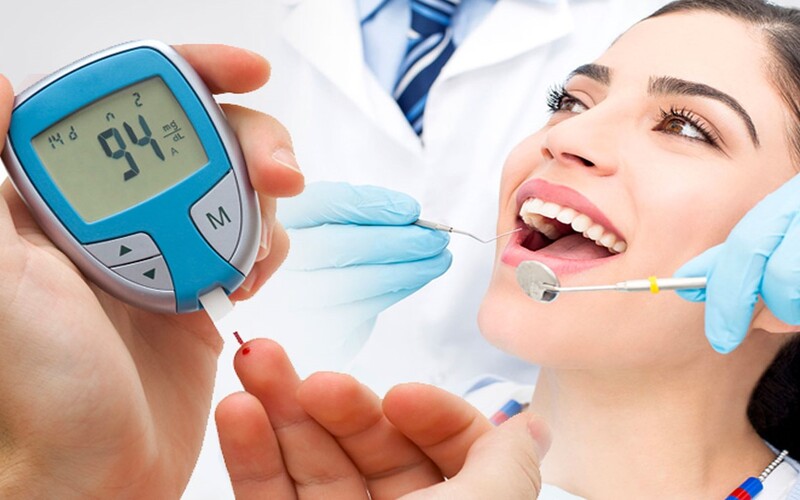
Over four million people in the UK live with diabetes and over 800,000 more are yet to be diagnosed. Some people have a misconception that having diabetes means you should not have any sugar whatsoever, maintaining a healthy diet that is low in sugar, salt and fat can be much more achievable than attempting to completely wipe out a common food ingredient from your diet. Another misconception is that people with diabetes should eat food labelled for people with diabetes, these foods often still have high levels of sugar which still affects your insulin glucose levels, and food marketed to diabetics is often more expensive than regular food. Instead of choosing diabetic foods, you should limit the amount of food you have that is high in sugar, salt and fat. When you have diabetes you should also take extra care of your oral healthcare and possibly visit your dentist in Wakefield or beyond. There are two main forms forms of diabetes:
Type 1 Diabetes
Type 1 diabetes is believed to be an autoimmune reaction where the body mistakenly attacks itself. If you have type 1 diabetes you will have to take regular insulin shots to help keep your body’s blood sugar at a normal level to ensure that your body has enough energy. This type of diabetes is genetically caused and affects less than 10% of those living with diabetes within the UK.
Type 2 Diabetes
Type 2 diabetes is caused by being overweight, obesity and lack of physical inactivity. Extra weight can cause insulin resistance, which causes your body to make too much insulin to help glucose enter your bloodstream. Your body eventually is not able to make enough insulin to satisfy the extra demand caused by your insulin resistance. This increases your blood glucose levels and can be a contributing factor towards increased blood pressure, which may cause more severe life-threatening conditions such as heart attacks and strokes.
How Diabetes Affects Your Oral Health
- Less Saliva: When you have diabetes your body makes less saliva, saliva is important for washing away food particles in your mouth. After a few hours bacteria starts multiplying on the food particles still in your mouth this contributes towards plaque buildup on your teeth which in turn can make it more likely for you to get gum disease. Diabetes and a dry mouth can cause a fungal infection called thrush, which causes white patches in your mouth that can be painful.
- Gum Disease: Gum disease is a serious oral health condition that could lead to tooth loss if left untreated. Gum disease happens in 3 stages, stage one is gingivitis where your gums become red and inflamed; if you notice your gums are red for extended periods of time you may have gingivitis and you should put more effort into your oral health routine and see a dentist. Stage two is periodontitis where the gum infection spreads more into the gum and bones that keep your teeth in place, this could lead to tooth loss. Stage 3 is advanced periodontitis which is a more serious version of stage two. If you have incurred tooth damage whilst having gum disease you may want to visit a cosmetic dental clinic to improve the appearance of your teeth.
Conclusion
Learning more about the implications of diabetes even if you don’t think you have diabetes can help you spot the signs of diabetes and visit health professionals who will be able to assist you further.





More Stories
Beyond Diagnosis: Holistic Approaches to Radiation-Related Illnesses
Prevent Heart Disease With Delphinidin
How is Health Education Advancing with New Technology?